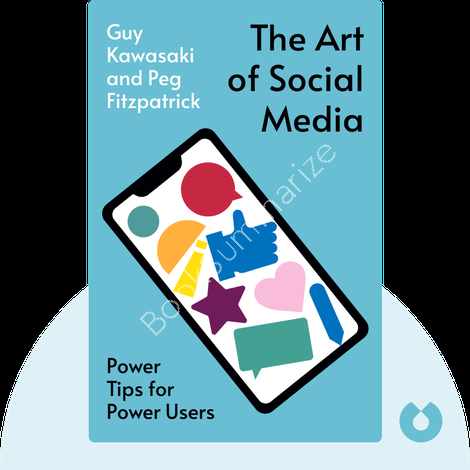
Set Boundaries, Find Peacesummary
A Guide to Reclaiming Yourself
4.6 (700)
28 mins
Brief summary
In "Set Boundaries, Find Peace," Nedra Glover Tawwab offers a practical guide to establishing healthy boundaries in both personal and professional relationships. Through relatable anecdotes and actionable advice, she addresses the common struggles of people-pleasing, burnout, and emotional exhaustion. Readers will appreciate her straightforward strategies for communicating boundaries effectively, fostering self-respect, and ultimately cultivating inner peace. This empowering book reminds us that setting boundaries is essential for a fulfilling, balanced life.
Set Boundaries, Find Peace
Summary of 7 key ideas
Understanding the Importance of Boundaries
In today's fast-paced world, the concept of boundaries is often overlooked, yet it plays a crucial role in maintaining our mental and emotional well-being. Nedra Glover Tawwab emphasizes the necessity of setting boundaries as a means of self-preservation. Boundaries are fundamental limits we establish with others to protect our personal space, time, and emotional capacity. Tawwab distinguishes between different types of boundaries, including physical, emotional, and time boundaries, illustrating how each serves a distinct purpose in our relationships.
For instance, a physical boundary can dictate how much personal space you require in social settings, while emotional boundaries help manage how much emotional labor you are willing to invest in others. Tawwab’s insights guide readers to recognize that without proper boundaries, one risks experiencing feelings of overwhelm, anxiety, and resentment. She claims that the self-awareness gained through boundary-setting not only protects one’s well-being but also enhances interpersonal relationships, allowing for healthier, more respectful interactions. Her practical examples resonate with many readers who might find themselves frequently saying 'yes' when they mean 'no,' leading to people-pleasing behaviors and increased stress levels.
Key ideas in Emotions Revealed



What is Set Boundaries, Find Peace about?
Set Boundaries, Find Peace by Nedra Glover Tawwab offers empowering strategies to reclaim your time and energy by establishing healthy boundaries. Filled with practical guidance, this book dives into the significance of self-care and effective communication for personal and professional relationships. Readers will gain valuable insights to foster personal growth, reduce stress, and cultivate healthier connections. Tawwab, a renowned therapist, draws from her extensive experience to provide a compassionate roadmap for those seeking balance. Discover how to assert your needs and find tranquility in a chaotic world.
Best quote from Set Boundaries, Find Peace
“Boundaries are the gateway to healthy relationships.”
—Nedra Glover Tawwab

Who should read Set Boundaries, Find Peace?
- Individuals seeking to reclaim their time and energy through boundaries
- Professionals struggling with workplace relationships and burnout
- People-pleasers who need effective strategies for saying no
- Anyone facing emotional exhaustion and craving peace in daily life
Categories with Set Boundaries, Find Peace
Community also liked these summaries
It's highly addictive to get core insights on personally relevant topics without repetition or triviality. Added to that, the app's ability to suggest kindred interests opens up a foundation of knowledge.
BookSummarize has completely transformed the way I consume knowledge. Their audio quality is top-notch, and their content is curated with a focus on depth and relevance. Highly recommended!
The mission of BookSummarize to make the world full of knowledge is truly inspiring. Their platform is seamless and packed with insightful books and summaries. I’ve learned so much in such a short time.
BookSummarize is a game-changer for anyone who values personal and professional growth. The audio quality is crystal clear, and their content is engaging and informative. A must-have for lifelong learners.
The idea of spreading knowledge through BookSummarize is phenomenal. Their platform is user-friendly, and their book recommendations are spot on. Their commitment to quality is evident in every aspect.


































































































































































































































































































































































































































































































































































































































































































































































































































































































































































































































































































































































































































































































































































































































